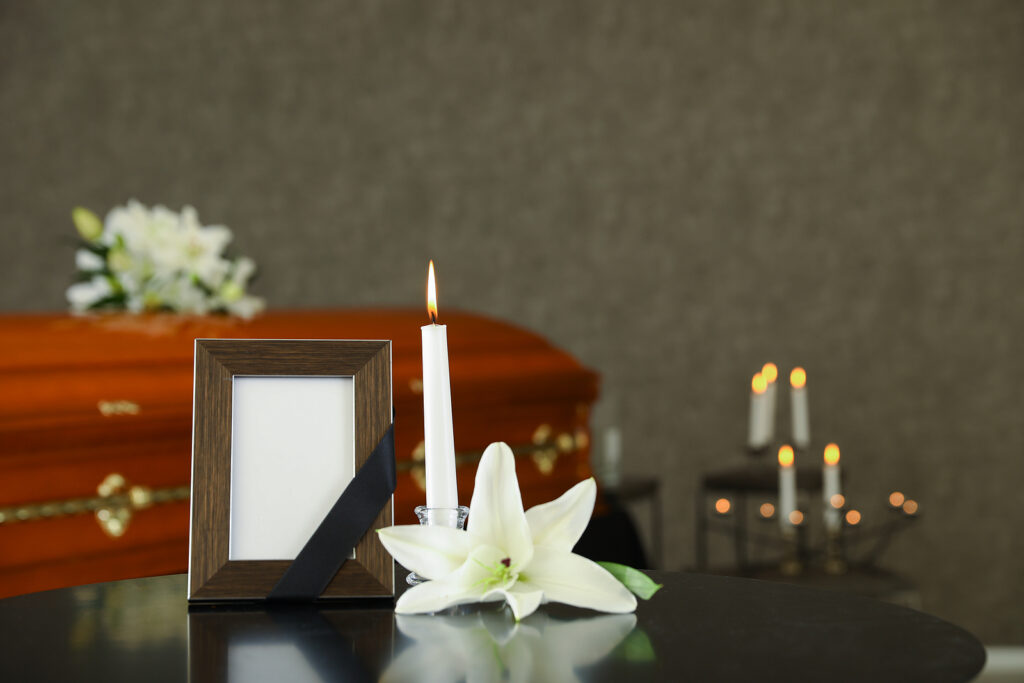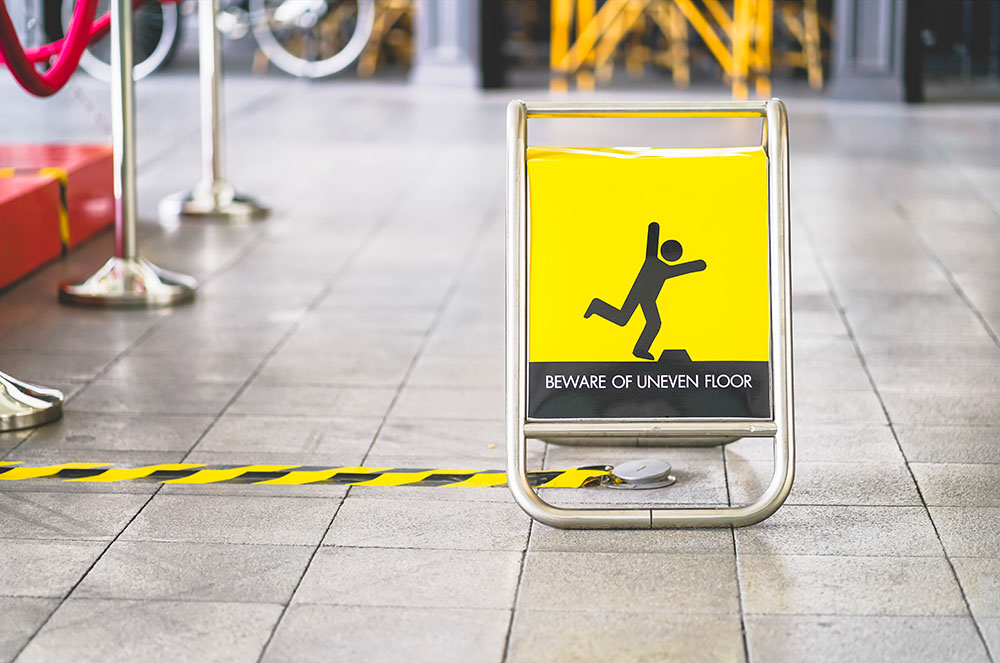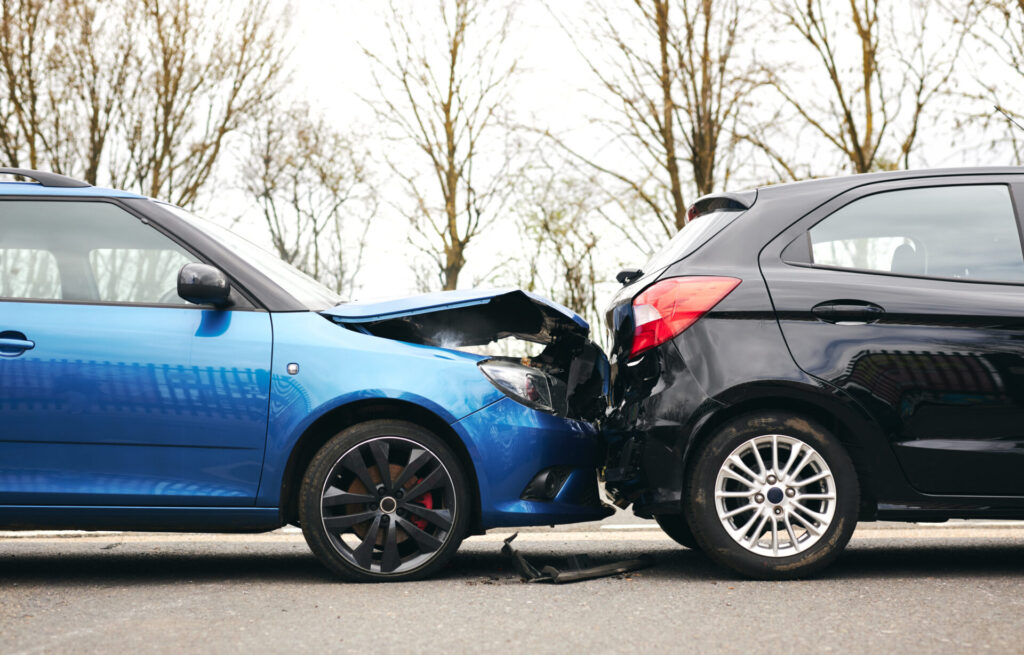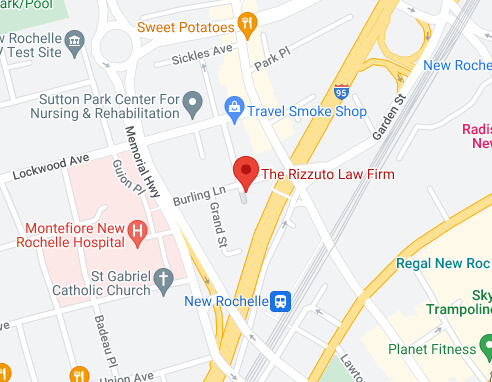Being injured in a slip-and-fall accident is frustrating enough, but the prospect of trying to make a claim against the property owner when there wasn’t another person present to witness the accident is daunting. It could make someone think they won’t even try. But if the property owner caused the accident through negligence, intentional or not, you should pursue the case. As experienced personal injury attorneys, we know what needs to be proven to make the case and what other evidence can be used. Call us for a free case evaluation.
What Other Types of Evidence Can Prove My Slip-and-Fall Accident?
If someone falls and is not unconscious, taking photos of the fall site is advised. A cell phone photo of icy, snow-packed, or wet conditions that are hazardous can be helpful.
Survey the general area to see if there are buildings, whether residential or commercial, that appear to have security cameras that might have caught footage of your fall (and, potentially, other people falling in the same area).
When Should I Consider Filing a Suit for Negligence in a Slip-and-Fall Accident?
If you were not injured enough to require medical treatment, such as getting a minor bruise or scrape, it’s probably not worth pursuing legal compensation. However, slip-and-falls can often lead to severe injuries such as broken bones, head and/or spinal injury, or other issues that can have long-lasting impacts. These types of injuries can cause someone to rack up considerable out-of-pocket medical costs, not to mention the possibility of lost wages during recovery.
It’s important to understand that some injuries don’t show symptoms right away. If you slip and fall but don’t immediately notice anything wrong, go to your doctor anyway. There are injuries they can look for that can be severe, and the sooner you receive treatment, the better the prognosis for your recovery.
If the first checkup doesn’t find anything, but days or weeks later, you begin to experience symptoms, return to the doctor for a follow-up. The new signs may be related to the fall.
What Do New York Laws Say About Slip-and-Fall Accidents?
There are a couple of things to know about New York laws around slip-and-fall accidents, as they will affect your ability to file a lawsuit and potentially collect damages.
- Statute of limitations. A statute of limitations is a legally determined time period for when you can file a lawsuit. Once the statute of limitations passes, it’s virtually impossible to file a suit because the court will definitely notice the lapsed date and will likely reject the suit out of hand. In New York, the limitation is three years, and it starts on the date the accident occurred. This applies not only to injuries sustained in an accident but other damage, such as breaking an expensive piece of jewelry during the fall. Keep in mind that these types of cases can take a significant amount of time to investigate and prepare, so waiting until the very end of the statute of limitations isn’t advisable.
- Comparative Negligence. When it comes to personal injury, including slip-and-fall accidents, New York is a comparative negligence state. That means that the person filing the suit (the plaintiff) may be held partially responsible for the injury, for reasons described above, and others. In court, the property owner is likely to raise potential reasons why they shouldn’t be liable for your injuries, whether partially or fully. For example, if someone didn’t try to remediate icy sidewalks within the specified time frame, but it turns out the plaintiff was wearing unsuitable footwear for the conditions, both sides may be considered partly liable. If the plaintiff is determined to be 20% at fault and is awarded a $20,000 award, they would only receive $16,000 after the total is reduced by 20% ($4,000).
What Are Some Reasons the Property Owner May Not Be Liable for My Slip-and-Fall Accident?
While there are many cases where the property owner can be held liable, there are exceptions. For example, many cities or counties have ordinances that state the time frame in which owners are expected to clear snow and remediate ice. It may be harder to hold the owner liable if you were injured during what was essentially a grace period.
Other situations could make you partly or wholly responsible. For example, suppose someone is under the influence of drugs or alcohol. In that case, the accident could be considered their fault because they shouldn’t have attempted to navigate possibly dangerous areas in that condition. In some cases, owners will argue that a reasonable person would have seen that the site was unsafe and avoided going there.
What Should I Do if I Was Injured in a Slip-and-Fall Accident?
Call us as soon as possible at 516-622-0606 for a free case evaluation. We’ll assist you in determining liability for your injury and what your potential claims might be. One important thing you should not do: Talk to the insurance representative or attorney for the owner of the property where you slipped and fell.
They represent the best interests of the property owner, not you. Their goal is to either get you to inadvertently say something that could be interpreted as blaming yourself for the accident and injury or to get you to accept a far lower settlement than is fair, or both.
Please don’t talk with them, answer any questions they pose, or sign any documents they send you. Instead, refer them to us. As your personal injury attorney, we’ll go to bat for you and look out for your interests only.








